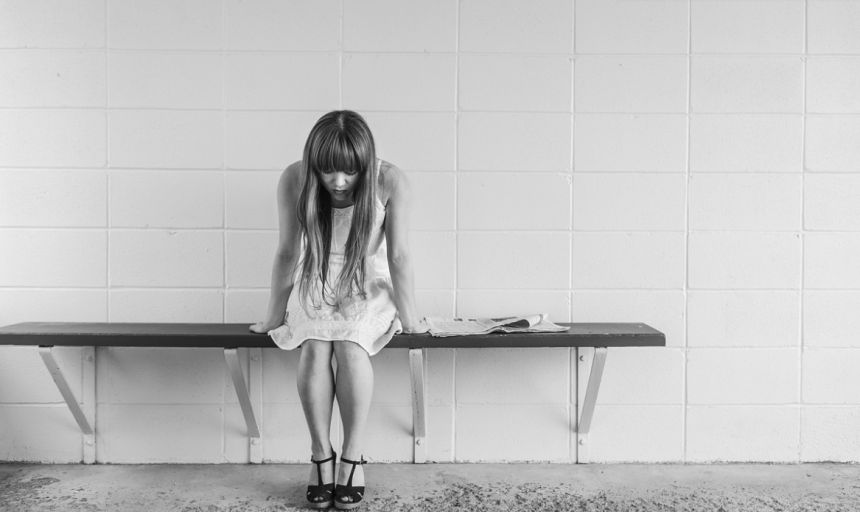Puberty is associated with many physical changes, but teens also go through emotional changes during this time. Teenagers may find it challenging to cope with these changes in their appearance and emotional state, which may impact their behaviour.
This article will offer clarity on the emotional changes faced by teenagers during puberty.
The average puberty age for girls is around 10 or 11 years and 11 or 12 for boys. However, it can also start early or late for both boys and girls.
A child becomes a sexually mature adult during the process of puberty. It starts with an increase in hormone production, which affect the development, growth, and function of the brain, bones, skin, and sex organs. Hormones also increase libido, one of the main emotional triggers during puberty.
All of this causes the following changes in teenagers.
- Feeling Extremely Sensitive
Children become overly sensitive due to hormonal changes during puberty. They may experience issues like sudden changes in their looks, acne, or difficulty fitting in socially. This might influence them to lose their temper or feel depressed.
- Identity Crisis
Teenagers experience a range of emotions and new feelings during puberty. They become more aware of the changes in their physical appearance. It is also a time when they explore and try new things to get to know themselves better.
It is common for teens to draw comparisons with other teens or build a mindset about self-worth and body image.
- Uncertainty And Indecisiveness
Puberty is the transitional phase between being a child and a sexually mature adult. Teenagers frequently feel uncertain about their place in the world and the position they should adopt as a result. They experience emotions like fear, insecurity, and helplessness that children do, but they also feel that they shouldn’t because they are adults. This uncertainty often results in indecisiveness.
- Peer Pressure
Teenage is often known as the time of vulnerability, where a youngster can be susceptible to peer pressure and have the desire to fit in. Teenagers might desire to spend more time with their friends at this time, which could impact how they dress, speak, and behave in social situations.
Many teens also take the wrong route and smoke, drink or take drugs to fit in and feel cool because their friends are doing it. Teens are advised to develop distinct personalities, stand up for their beliefs, and avoid decisions that might negatively affect their lives.
- Mood Swings
Teenagers frequently experience mood swings. These changes mainly occur due to hormonal changes in the body.
A teenager might seem relaxed and reasonable at one moment and get irritated and lose their temper the next. They may also simultaneously experience annoyance, excitement, and overemotional. It may seriously impact their mental health.
- Sexual Feelings
Puberty is a phase of the surge in sexual hormones, which might influence adolescents to have sexual feelings new to them. Additionally, depending on personality features, it could lead to the emergence of gender-specific habits like dressing up and participating in sports for a rush.
It’s best to learn about sex and sexuality from a responsible adult. Speak to a parent, teacher, or medical expert about experiencing sexual feelings.
- Feeling Conscious About Self
Because puberty starts at different times for different people, each person’s body develops in a unique way. As a result, they may become more aware of the development of their bodies. Girls are more likely to go through these experiences, as they develop faster than boys and their changes are more noticeable.
Remember, puberty is a complex time and can be confusing for many teens. However, it is a natural phase that every boy or girl experiences. Do not worry about it or feel shy to discuss it with responsible adults.
The more you learn, the better.














